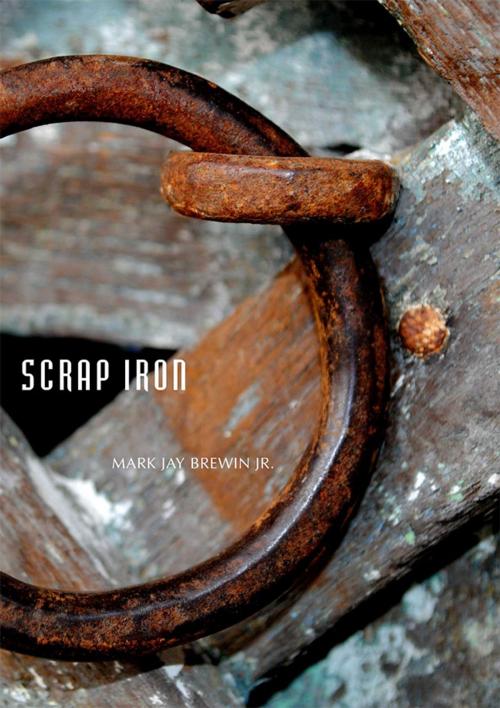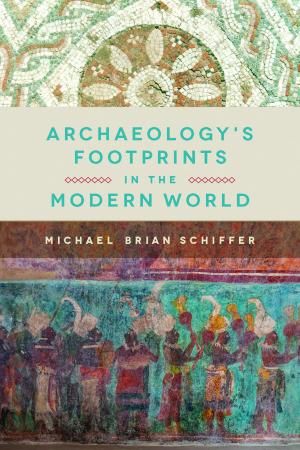| Author: | Mark Jay Brewin | ISBN: | 9781607812593 |
| Publisher: | University of Utah Press | Publication: | April 15, 2013 |
| Imprint: | University of Utah Press | Language: | English |
| Author: | Mark Jay Brewin |
| ISBN: | 9781607812593 |
| Publisher: | University of Utah Press |
| Publication: | April 15, 2013 |
| Imprint: | University of Utah Press |
| Language: | English |
Winner of the Agha Shahid Ali Poetry Prize
South Jersey farmland, flooded and made an island. Through landscapes and captivating visuals we begin Mark Jay Brewin’s debut collection of poems. Scrap Iron quickly and fluidly moves from this isolated plot of land—the poet’s childhood home—to the memories associated with that place, its people, and his youth. Throughout the volume, Brewin’s attention to sound and cadence offers the reader a burning exploration of beautiful imagery, while also providing a sharp contrast to the sometimes harsh and dark subject matter. He asks how one grows while remaining rooted. Confronting the age-old question of whether one can ever really go home again, Brewin’s soft, prayerful, and thoughtful approach provides the reader with an answer: Whether it is possible or not, the wish to return will always remain.
The intricacies and complexities of human relationships—especially between family members—are at the forefront of Scrap Iron. Brewin acknowledges the tender violence that often exists within familial relationships and highlights the fragility of not only these connections, but of the land, of memory, and of the future. While some poems may focus on tenuous ties, the tone of Brewin’s work as a whole is one of hopefulness. His poetry reminds us that to move is not to abandon, to question is not to criticize, and to love is to at once remember and forget.
Winner of the Agha Shahid Ali Poetry Prize
South Jersey farmland, flooded and made an island. Through landscapes and captivating visuals we begin Mark Jay Brewin’s debut collection of poems. Scrap Iron quickly and fluidly moves from this isolated plot of land—the poet’s childhood home—to the memories associated with that place, its people, and his youth. Throughout the volume, Brewin’s attention to sound and cadence offers the reader a burning exploration of beautiful imagery, while also providing a sharp contrast to the sometimes harsh and dark subject matter. He asks how one grows while remaining rooted. Confronting the age-old question of whether one can ever really go home again, Brewin’s soft, prayerful, and thoughtful approach provides the reader with an answer: Whether it is possible or not, the wish to return will always remain.
The intricacies and complexities of human relationships—especially between family members—are at the forefront of Scrap Iron. Brewin acknowledges the tender violence that often exists within familial relationships and highlights the fragility of not only these connections, but of the land, of memory, and of the future. While some poems may focus on tenuous ties, the tone of Brewin’s work as a whole is one of hopefulness. His poetry reminds us that to move is not to abandon, to question is not to criticize, and to love is to at once remember and forget.















